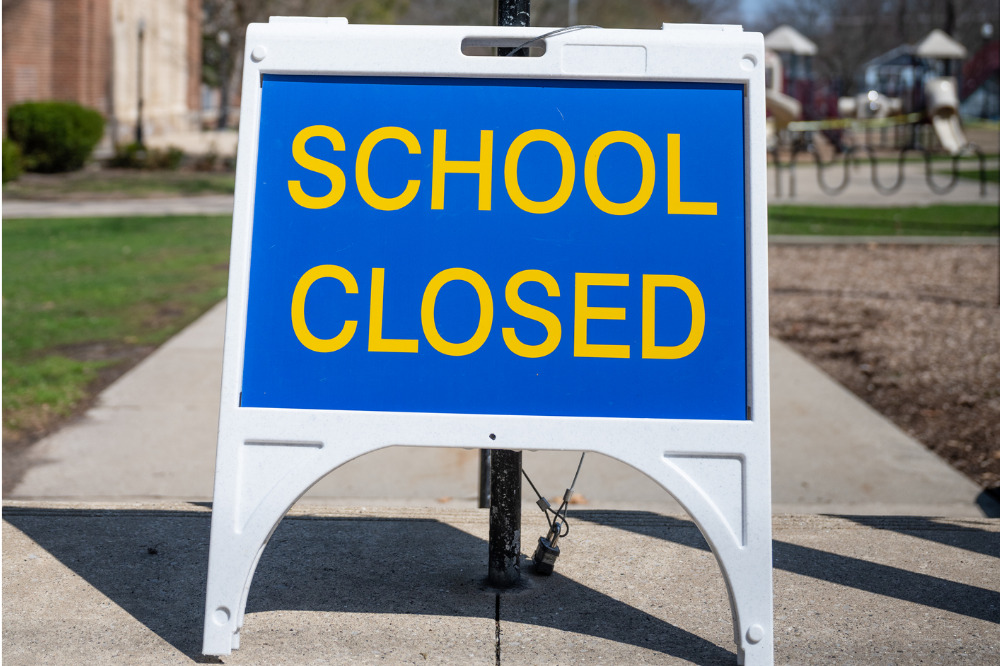
State and territory governments strayed from health and pandemic planning advice by closing schools for entire terms, a major review into Australia’s pandemic response has revealed.
The independent review, led by Western Sydney University chancellor and former top public servant Peter Shergold, found that women were particularly disadvantaged by the decision.
“Schools should have stayed open. For children and parents [particularly women], we failed to get the balance right between protecting health and imposing long-term costs on education, mental health, the economy and workforce outcomes,” the review said.
“Women were over 30 per cent more likely than men to leave the workforce in the first months of the COVID-19 pandemic. They were more likely to lose pay, burn through leave and fall behind on savings and superannuation.”
Shergold and the other panel members added that state leaders “insisted on going their own way, emboldened by their constitutional prerogatives”.
A number of studies conducted throughout the pandemic found that most schools struggled with higher workloads and student mental health issues as communities sought to get a grasp on the complexities involved with remote learning.
Earlier this year, a nationwide study by Orygen and Mission Australia found that of the more than 3,000 young people who rated their mental health and wellbeing as poor, over three quarters (76.5%) indicated the pandemic had a negative impact on their mental health.
A separate study published this month by Macquarie University and the University of Wollongong found that some teachers worked 15 hours or more a day on average, and were “expected to be online 24 hours a day” to respond to students, parents, caregivers, and the school executive.
The pandemic’s silver lining for schools
New research, conducted by Monash University’s School of Curriculum Teaching & Inclusive Education, examines what the disruption taught Australia’s teachers, and how that will positively impact their teaching practice in the future.
Lead author, Professor Umesh Sharma, said though the COVID-19 pandemic has presented extraordinary hardships in virtually every aspect of life, it has also provided opportunities for growth and improvement, and education is no exception.
“School leaders always play an important role in supporting their staff. During difficult times, such as COVID-19, their role becomes even more important to protect their staff from burnout and proactively supporting them,” Professor Sharma told The Educator.
“What we found in this study is that leaders across the schools were consistent in key practices/strategies they employed in creating an environment where the staff felt that they were not on their own in this difficult journey.”
Professor Sharma said the staff felt that whenever someone was feeling low, there was someone else in the school who would lift them up.
“School leaders can create a collective and supportive culture where everyone feel supported by forming small teams and providing resources needed for the team to function well; empowering the team to make decisions and trusting their judgments; and providing them extra time for planning.”


